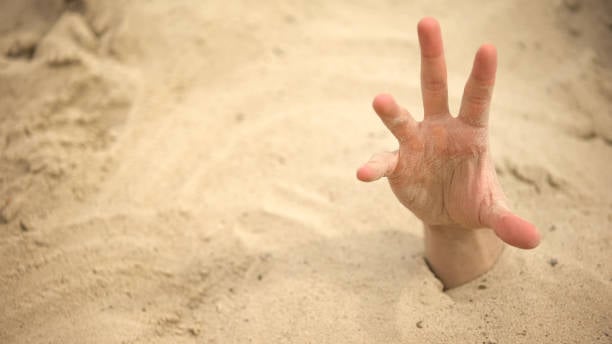I originally started this blog article back in January. I had a post-holiday glow and was feeling really good about my family, friends, and work and I was thinking about all the things that made 2019 great. Now, in the midst of this strange new COVID-19 reality, I have revisited this writing and found that the topic is more timely, personal, and powerful today than it ever has been before.
In late 2018, Matt Griswold from our team developed a training about Humble Leadership. In it, he shares that leaders get more from their people by being humble. He believed that when leaders said things like, “I don’t know” or “Do what you think is best” or “I trust you to make the decision” that leaders were displaying a level of humility to their team that made the team feel trusted, included, and able to take what leaders say at face value, which all makes for a stronger team. I loved this concept and thought that it definitely was a key aspect to leadership.
Since I am a processor, and I like to observe and collect information before I do anything, I kept this idea in the back of my mind and vowed to see how humility plays out in the workplace.
During my observations, I saw a leader anonymously pay an employees hospital bill after the employee had been diagnosed with cancer. I saw a leader walk around the office midmorning, during a very busy day, with a coffee pot and refill everyone’s coffee – the leader also knew how everyone liked their coffee: Cheryl was two creams and two sugars, Mike was a sprinkle of stevia, Jenn was decaf with cinnamon. I saw a leader give out Holiday Bonuses and then not pay himself – and never mentioned that fact to anyone. I saw managers who let employees make decisions that the leaders knew would fail, and then not get upset when it did fail.
But are any of these things humble? I felt that if I was going to assign the word humility to an act, I had to find out the intent behind the act. Since I only truly know my own intent, I decided to practice Humble Leadership. I did this in all areas of my life throughout 2019. I am going to admit a few things here for those of you who don’t know me: I am not good at things like empathy, patience, and warmth. I have often been described as matter-of-fact and stoic. I knew that the crux of being a humble leader is connecting with humans and building open and honest relationships. For me, I knew that this was going to take some courage and some vulnerability. And I tried. I tried to build deeper relationships with my team. I tried to build deeper relationships with my friends and my family. I opened up more. I shared more. I listened more. And it all seemed to go well for the most part. So, here is the kicker: I have zero idea if I became a humble leader; and if I am being truly honest with myself, I don’t think that I did. I don’t actually feel any more humble and I doubt that people would describe me as such. But what I do know is I started supporting the humans around me more and they in turn supported me more. I felt less alone. I felt less like I was solely responsible for everything. I felt like I found myself more. I felt happier. When I was looking for humility, I found support. I saw people doing things for other people without assigning intent. I saw people wanting to help. I saw understanding and patience. I saw courage and vulnerability.
I share all of this to say that support is powerful. In the coming weeks I think we will all need a little more grace, a little more compassion, and a lot more support from one another. Seek ways to show your support and look for ways that others are trying to support you. Show your vulnerabilities and connect with people on a deeper level. Ask for help and guidance when you need it. Seek out mentors, resources, friends. Use this time away from people as a time to connect with people. And always remember that we are better together.





